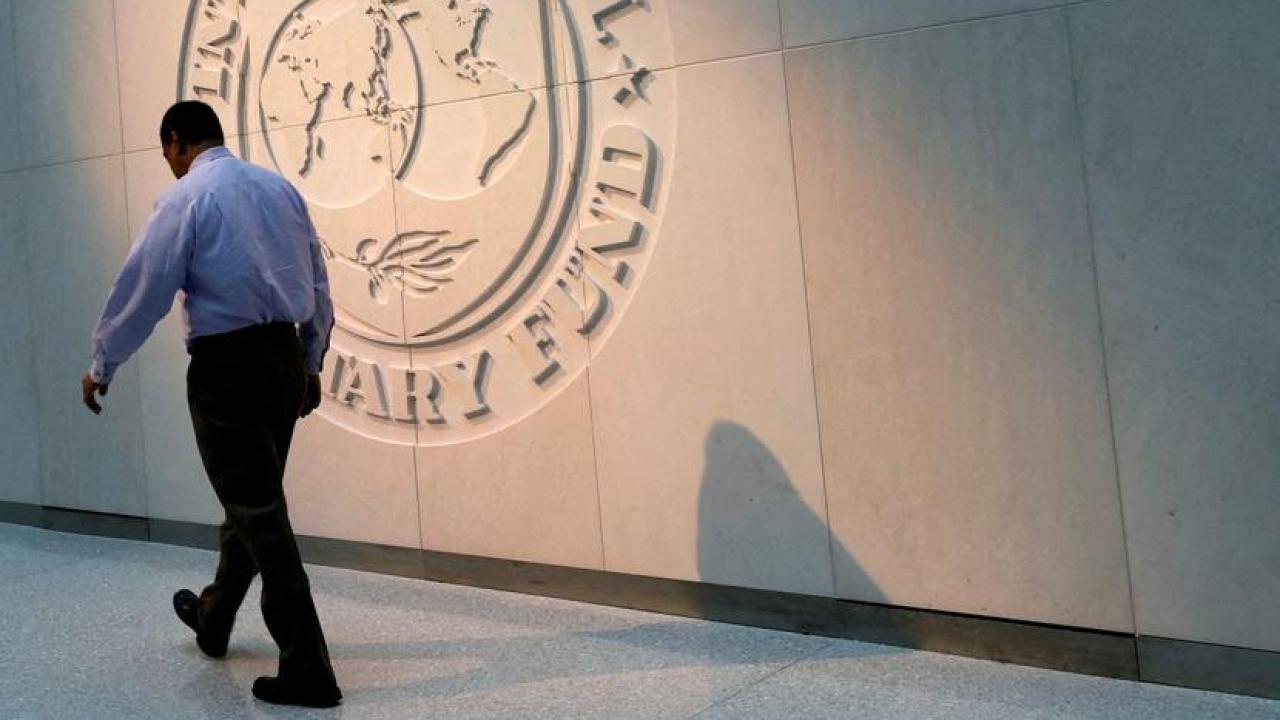
They will have to increase non-oil revenues and rationalize public spending.
At the International Monetary Fund (IMF) we trust that Mexico will do its best to advance the fiscal consolidation to which it committed in its medium-term strategy. It is a commitment that is sustained by the track record of stability in the management of public finances that has characterized the country for years, confided the deputy director of fiscal affairs in the organization, Era Dabla-Norris.
“The authorities have a long history of meeting their fiscal objectives and the one established to return to the path to fiscal consolidation will be met. Although it requires taking additional fiscal measures of around 1 point of GDP,” he estimated.
From Washington he trusted that the new government, which must lead the medium-term fiscal consolidation, will have a team of experienced technicians who will achieve the objective.
“There is sufficient evidence from emerging economies and Latin American countries, which shows that it is possible to achieve fiscal consolidation with the joint application of measures that, on the one hand, increase public income and, on the other, reduce inefficiencies in public spending,” he noted.
In an interview for this newspaper, he explained that Mexico's economic authorities will have to increase non-oil revenues to support fiscal consolidation. A task that must be accompanied by greater rationalization of public spending.
They can use the measures recommended by the Fund's technical team, included in the conclusions to the annual review of Article IV for Mexico, he stated.
The IMF technical experts on the Mexican issue projected that by increasing the VAT tax base, eliminating the zero rate of the aforementioned tax and reducing the exceptions, additional tax revenues equivalent to 1.4% of the Gross Domestic Product (GDP) can be obtained. ).
They also suggested reviewing the personal and corporate Income Tax while making progress in making the collection of Property Tax more efficient. With these measures they calculated that income equivalent to 3% of GDP would be obtained.
Electoral spending invoiced to inflation
The official explained that the increase in public spending approved for this year will make it difficult for inflation to reach the specific objective of the Bank of Mexico.
“Spending is expected to exert upward pressure on domestic demand, which in turn will put pressure on inflation, and it is in this sense that it is appropriate for monetary policy to remain restrictive for longer, as the Bank of Mexico has rightly stated. ", he pointed.
No significant impact on GDP
The official showed that unlike other times, the application of this greater public spending will not have a significant impact on the growth of the economy.
“The positive output gap that the country has maintained has caused the multipliers to be lower, which means that the impact of higher fiscal spending on growth will be much smaller,” he noted.
When he talks about the positive product gap, he means that even this year, Mexico's GDP will be above the potential growth rate, which is 2%.
“During elections, governments tend to spend more, audit less and reduce deficits (…) This is a consistent story between governments of advanced and emerging economies,” he noted.
Originally the Mexican Congress approved a deficit of 5.4%, now in the general Precriteria, they slid it a little further, to 5.9%.









